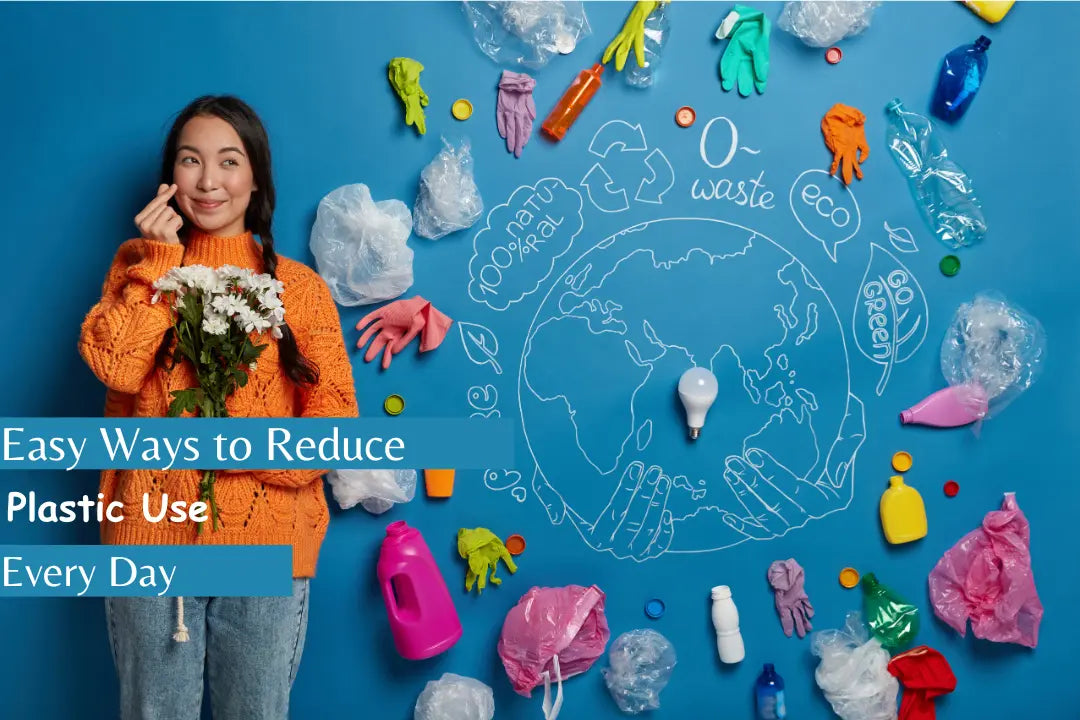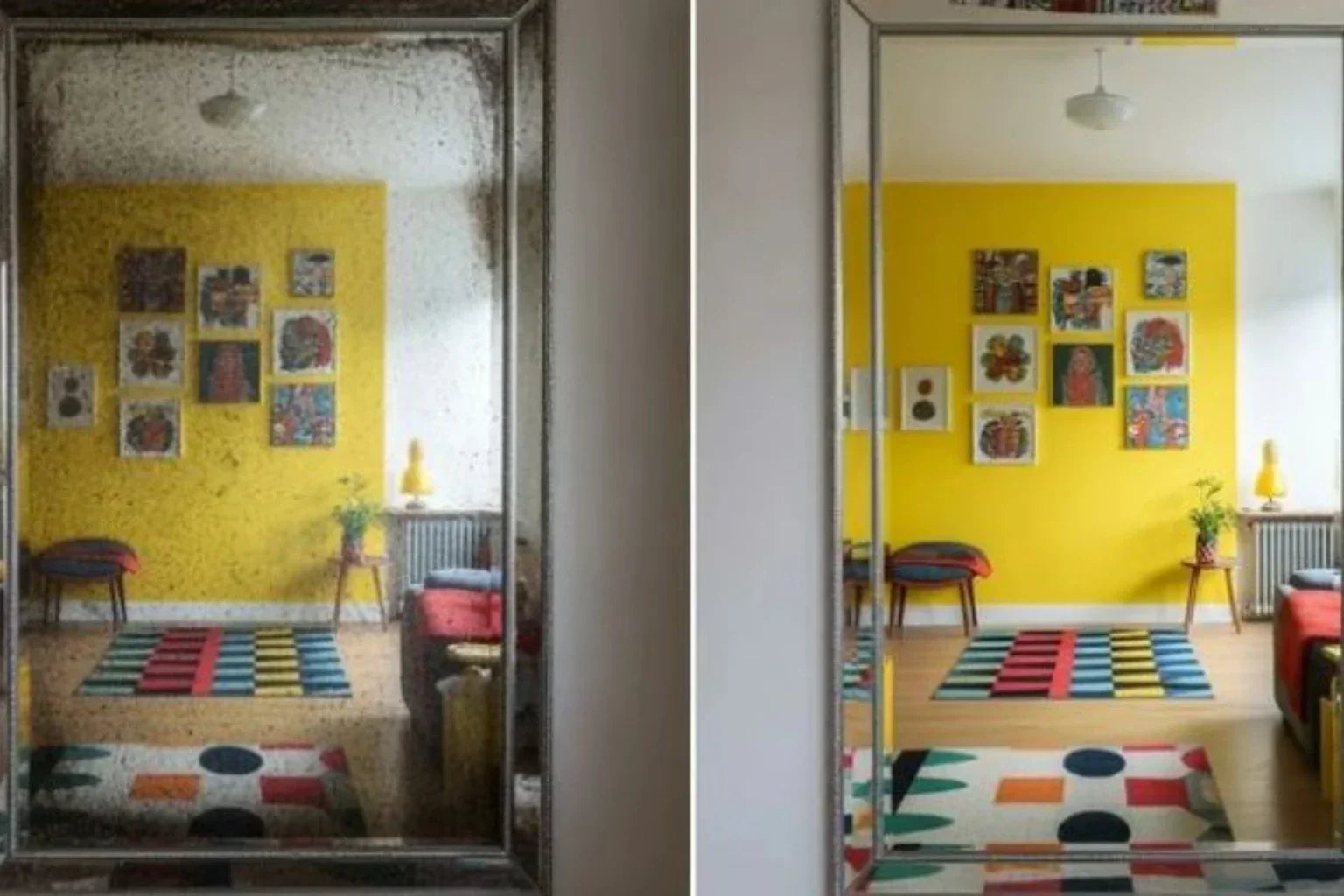Can Your Cleaner Trigger Asthma? The Dirty Truth of Cleaning Industry
Neha, a 32-year-old working mom in Mumbai, was determined to give her apartment a deep clean over the weekend. Armed with a bunch of store-bought cleaners - lemon scented sprays, disinfectants, and bleach - she scrubbed every corner until it sparkled.
But by evening, instead of feeling refreshed, she was gasping for breath. Her chest felt tight, and the familiar wheeze of her asthma had returned - worse than usual. She hadn’t been around dust, there were no pets, and the windows were wide open. So what triggered it?

It took a visit to her doctor to realize the unexpected culprit: the cleaning products themselves.
Like many of us, Neha never imagined that something as common as a cleaning spray could silently worsen her asthma symptoms. But she’s not alone - and that’s exactly what this blog is about.
The Link Between Household Cleaners and Asthma
Asthma is a long-term lung condition that makes it hard to breathe — and it affects a huge number of people. In India alone, more than 35 million people live with asthma, according to the Global Asthma Report 2022.
Globally, the numbers are even more alarming. Over 300 million people around the world have asthma, and the WHO (World Health Organization) warns that this number could rise to 400 million by 2025.
Surprisingly, the very products we use to get rid of trigger - like household cleaners - could be making asthma worse without us even knowing it. They may seem helpful, but some of them release chemicals that can irritate the lungs and trigger asthma symptoms.
But how?
Common cleaning products often release volatile organic compounds (VOCs), which include ammonia, chlorine bleach, formaldehyde, and synthetic fragrances. These chemicals can irritate the lungs, especially when used in poorly ventilated spaces.
A 20-year longitudinal study published in the American Journal of Respiratory and Critical Care Medicine found that women who cleaned with chemical products regularly had a faster decline in lung function - comparable to smoke 20 cigarettes a day.
Symptoms to Watch Out For
If you or someone at home already has asthma or other breathing conditions, chemical cleaners may trigger symptoms such as:

- Wheezing or shortness of breath
- Chest tightness or coughing
- Burning sensation in the eyes or throat
- Headaches and dizziness
Even if you don’t have asthma, long-term exposure to these irritants can increase your chances of developing respiratory problems later in life.
What's Happening in Indian Households?
In India, where many homes rely on strong - smelling cleaners with bleach, acids, or phenyl-based formulas, indoor air pollution is often overlooked.
According to a 2023 study by the Indian Council of Medical Research (ICMR), indoor air can be up to five times more polluted than outdoor air, and chemical cleaning products were found to be a significant contributor.
But Is It Really That Serious?
Yes - especially for children, senior citizens, and people with existing conditions.

Children’s lungs are still developing, and they breathe in more air per body weight than adults. According to UNICEF India, 1 in 10 Indian school children shows symptoms of asthma or allergic respiratory illness.
Now imagine a toddler crawling on a floor that was just cleaned with ammonia based liquid. Every breath they take matters.
Using Harsh Cleaners? Read This First
If you’re still using traditional cleaners with harsh chemicals, you could be exposing yourself and your family - to ingredients that may trigger asthma, irritate lungs, or worse.
To reduce the risk, follow these must-do safety steps every time you clean:
-
Read the labels carefully:
avoid chlorine, ammonia, quats, and synthetic fragrances. -
Never mix cleaners:
Combining products like bleach and ammonia can release toxic gases that can severely harm your lungs. -
Always ventilate your space:
Keep windows open and fans on to allow fresh air to circulate. -
Use microfiber cloths for dry dusting:
This helps trap allergens without needing sprays. -
Better yet, switch to safer options:
Brands like Pollie skip the harsh chemicals entirely, offering a clean home and cleaner air.
So, What Did Neha Do Next?

That’s when Neha discovered Pollie - a brand that promised a deep clean without the harsh chemicals found in most store-bought products. No ammonia, no chlorine, no parabens.
She started with the Pollie Kitchen Cleaner Spray, and something felt different right away. There was no sharp, chemical smell. No sticky residue. No wheezing or chest tightness afterward. It cleaned the greasy stovetop just as well - just without the health risks.
For Neha, that was the moment everything changed. She realized that cleaning her home didn’t have to come at the cost of her health.
Why Pollie Matters in This Conversation
Pollie was born with a simple belief: Clean homes shouldn’t come at the cost of clean lungs. That’s why all our products - from kitchen to floor to glass are:
- Free from ammonia, chlorine, parabens and phosphates
- Made with biodegradable ingredients
- Scented with dual natural fragrances that feel fresh, not chemical
- Safe for kids, pets, and sensitive noses
With refillable bottles and sachets, we’re also reducing plastic waste - because indoor air isn’t the only thing that needs saving.
Final Thought: Don’t Just Clean. Clean Consciously.
So yes - household cleaners can trigger asthma, and in many Indian homes, they already are. But awareness is the first step. And making better choices doesn’t need to be complicated.
Your home should smell like love, not chemicals.



Leave a comment
This site is protected by hCaptcha and the hCaptcha Privacy Policy and Terms of Service apply.